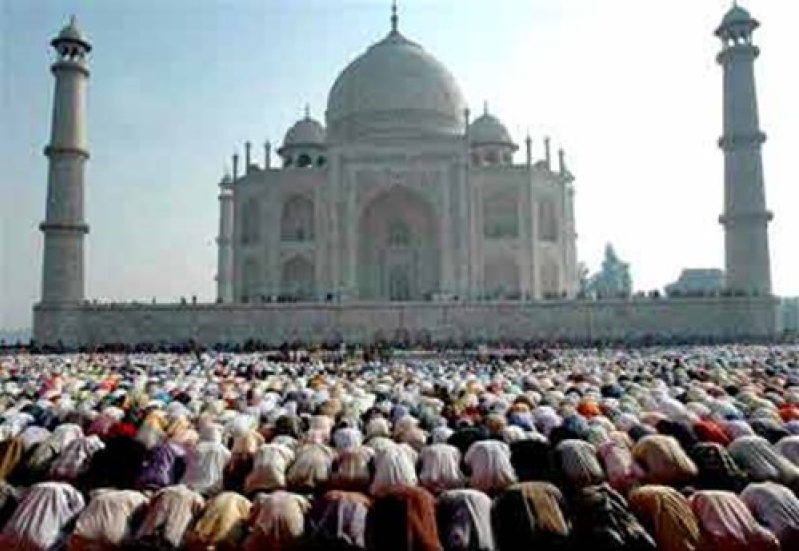
Christian author and speaker Dr. R.C. Sproul interviewed Abdul Saleeb, a former Muslim who came to Christ, about the nature of Islam and discrepancies between the religion and how it is represented in the American media.
In light of the United States’ increasing involvement with Islamic nations, it is important for non-Muslims to understand more about Islam. Born 500 years after the fall of Jerusalem, Muhammad claimed that he was given revelations from the Angel Gabriel in 610 A.D. and began the religion of Islam.
Sproul began his interview by asking Saleeb what the widely-used term “fundamentalist Muslim” means, in light of the fact that the media also uses the term “fundamentalist” to describe classical orthodox Christians. “The ‘fundamentalist Muslim’ is a Muslim who is taking his Quran very seriously,” said Saleeb. “Just like the Christian world is struggling with secularism, the Islamic world is also filled with millions of nominal Muslims who are just Muslims in name. So in fact when I also hear ‘fundamentalist Muslim,’ I am not just hearing some radical fringe group within Islam, but in fact these are the devout Muslims who want to take their faith very seriously and spread Islam, and also combat secularism and unbelief.”
While there are some branches of Islam that are more peaceful, Saleeb rejects the notion that Islam is a religion of “peace and love,” as the media portrays it to be. “Let me set the record straight … there is no separation of church and state in Islam,” he said – “the goal of Islam from day one … was to dominate the world.” Much like Christianity, Islam teaches that its religion is exclusively true.
While some who have not studied Islam in depth might think that Allah and the God of the Bible are the same god, Saleeb says that the Muslim god has some “radical differences with the Father of our Lord Jesus Christ.” To cite a few examples, Islam teaches that Allah changes his promises and does not guarantee assurance of salvation to believers, says Saleeb. The Quran teaches that Jesus was only a prophet, although He was born from a virgin and did many miracles. It also denies that Jesus was crucified. Saleeb says the Quran teaches that anyone who believes in the doctrine of the trinity – Christians – will be condemned to hell.
The word “Jihad” means “struggle,” says Saleeb – “not just a spiritual struggle with our inner, sinful desires, but also a physical outward struggle, which can be an intellectual struggle - by writing books, promoting Islamic ideas – and it can also be a struggle of sword and violence to spread Islam and fight unbelief.” Saleeb attests that classical Islam – not just an extreme sect – views killing an infidel (non-Muslim) as a virtue; however, the vast majority of Muslims do not kill people since they ignore much of “the darker side of their traditions.” Those who do kill in the name of Allah have “justification for doing what they do based on the Quran and the life of Muhammad,” he says, as Muhammad had many of his opponents assassinated.
Animosity between Muslims and Jews began long before Israel became a state in 1948. The hostility dates back to Genesis, with “God’s covenant being extended through Isaac and not Ishmael,” says Saleeb. He says there are verses in the Quran that warn Muslims not to befriend Jews or Christians, or else Allah will not guide them.
The word “Islam” means “submission” and is derived from a word meaning “peace.” Although the religion does have many peaceful elements to it, says Saleeb, it “condones violence and justifies violence in the name of god and the spreading of Islam.”







